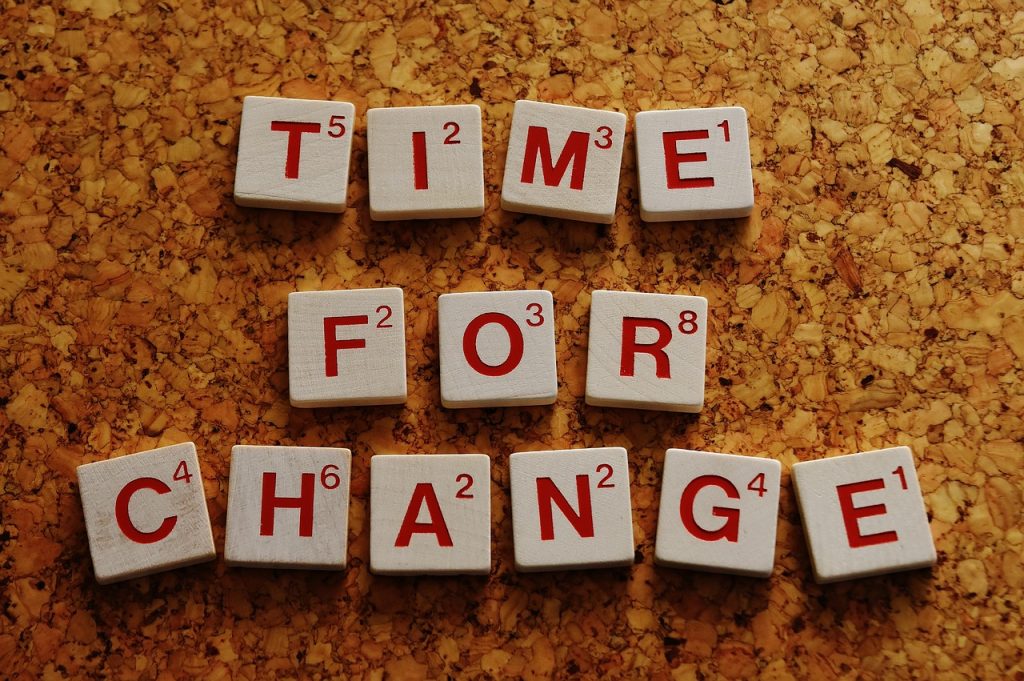
Hi everyone. Quick reminder: Please get flu shots for you and your family, if you are able to. Hospitals and healthcare workers are overwhelmed by COVID, so in addition to getting your COVID shots, get your flu shot. And then buy yourself a new house plant or some chocolate as a reward.
Every time I criticize foundations, someone steps in with “well, 80% of philanthropic dollars come from individual donors.” Usually it is a well-meaning statement, designed to give hope to those of us who are frustrated with foundations and their various archaic and ridiculous practices. And taken as a whole, it may be true. This report, for example, shows that in 2019, 69% of giving comes from individuals, 10% from bequests, 17% from foundations, and 5% from corporations.
If 17% of our revenues come from foundations and 5% from corporations, why should we spend so much time and energy bashing our heads against the walls, screaming in anguish at the foundations and corporations that require quarterly reports, make us use their own budget templates, or, worst of all, force us to remove Oxford Commas to stay within character limits? If they account for only a fraction of total philanthropic dollars, maybe we’re wasting time trying to get foundations and corporations to change and should focus more time rallying individual donors?
Continue reading →




